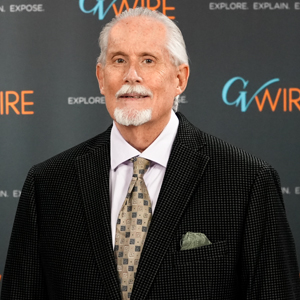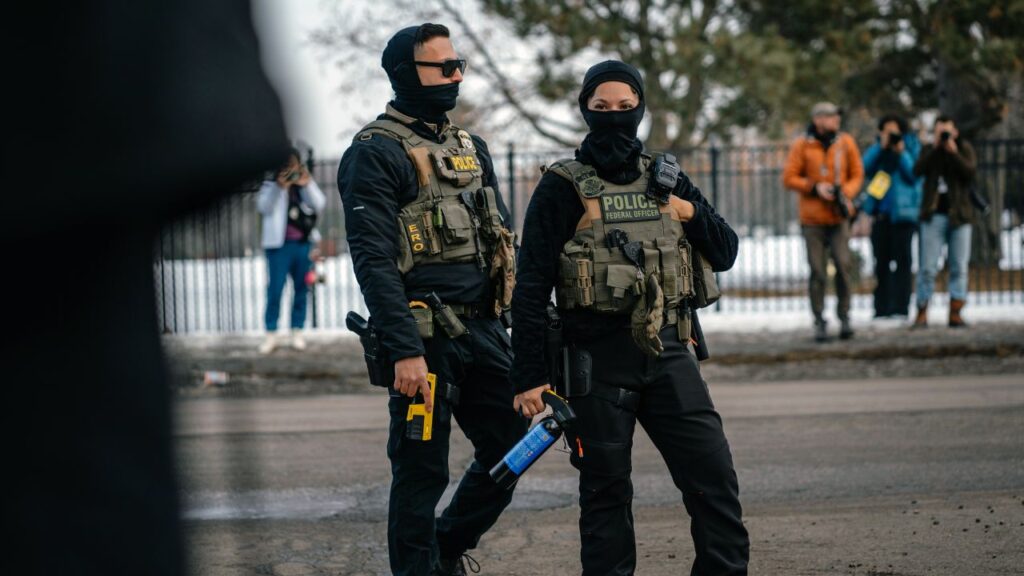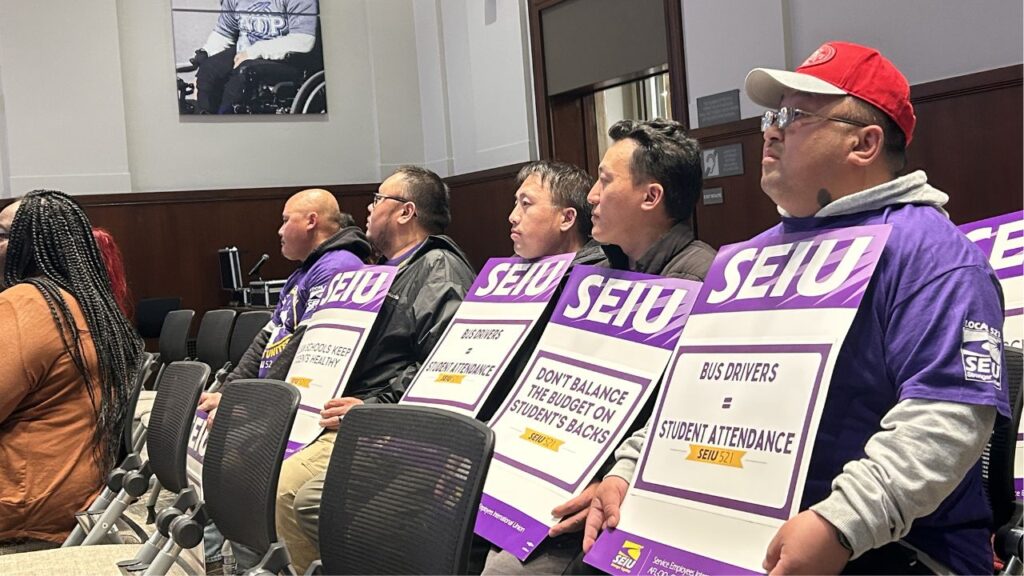Share
By Adam Liptak
WASHINGTON — Five years ago, Chief Justice John G. Roberts Jr. enlivened a Supreme Court argument by reciting raw and violent lyrics from the rapper Eminem. The chief justice said he was worried that ignoring the song’s musical and cultural context could “subject to prosecution the lyrics that a lot of rap artists use.”
That case, about online threats in a domestic dispute, ended in a cryptic muddle. But now the issue Roberts raised in passing is squarely at the court’s doorstep, in an appeal from a Pittsburgh rapper sent to prison for two years for threatening police officers — in a song.
This time, the justices will have expert assistance from a group of hip-hop stars, including Chance the Rapper, Meek Mill, Killer Mike, Yo Gotti, Fat Joe, and 21 Savage. In a brief filed Wednesday, they urged the Supreme Court to hear their fellow rapper’s First Amendment challenge to his conviction.
They also offered the justices, whose average age is about 66, what they called “a primer on rap music and hip-hop.”
“A person unfamiliar with what today is the nation’s most dominant musical genre or one who hears music through the auditory lens of older genres such as jazz, country or symphony,” they wrote, “may mistakenly interpret a rap song as a true threat of violence.”
Judicial Treatment of Rap Music Sometimes Infected by Racism
In an interview, Killer Mike, a performer and political activist, said judicial treatment of rap music was sometimes infected by racism.
“Outlaw country music is given much more poetic license than gangster rap, and I listen to both,” he said. “And I can tell you that the lyrics are dark and brutal when Johnny Cash describes shooting a man in Reno just to watch him die and when Ice Cube rapped about a drive-by shooting early in his career.”
“It’s no different from stop and frisk,” he said. “It’s another form of racial profiling.”
The case before the Supreme Court concerns Jamal Knox, a black artist who raps under the name Mayhem Mal and as part of Ghetto SuperStar Committee.
After being arrested in 2012 in Pittsburgh on gun and drug charges, Knox and a friend recorded a song whose title, which included a vulgar word directed at the police, was partly an homage to an NWA classic with a similar name. The friend posted the song on YouTube and Facebook.
The song named the officers who conducted the arrest and were scheduled to testify against Knox. It included lyrics like “let’s kill these cops ‘cause they don’t do us no good,” and featured sounds of sirens and gunfire. Some listeners, including the rappers supporting Knox, heard boisterous wordplay and political rhetoric.

They Charged Knox With Issuing Terroristic Threats
“This is a work of poetry,” the rappers wrote. “It is not intended to be taken literally, something that a reasonable listener with even a casual knowledge of rap would understand.”
Prosecutors heard something different, and they charged Knox with issuing terroristic threats and intimidating witnesses. The officers testified that the song made them nervous and fearful, and one said it figured in his decision to leave the police force.
At his sentencing in 2014, Knox, who was 19, said he had adopted a persona in the song. “I mean, as a rapper, we have to put on an image,” he told the judge. “So even when things may go wrong, like you got to make it still seem like as if it’s right.”
The Pennsylvania Supreme Court affirmed Knox’s conviction based largely on the printed lyrics. That was a mistake, Knox’s lawyers wrote in their petition seeking review in the U.S. Supreme Court.
“The song’s lyrics were never meant to be read as bare text on a page,” they wrote. “Rather, the lyrics were meant to be heard, with music, melody, rhythm, and emotion.”
Writing for the majority in the state Supreme Court, Chief Justice Thomas G. Saylor focused on Knox’s literal message.
The First Amendment Does Not Protect All Speech
“The song’s lyrics express hatred toward the Pittsburgh police,” he wrote. “As well, they contain descriptions of killing police informants and police officers.”
“They do not,” he added, “include political, social or academic commentary, nor are they facially satirical or ironic.”
In their brief, the rappers said that assertion revealed “a court deeply unaware of popular music generally and rap music specifically.”
For support, they cited Ice-T’s memoir, in which he explained that there was a difference between the persona he adopted in the song “Cop Killer” and his actual one. “If you believe that I’m a cop killer,” he wrote, “you believe David Bowie is an astronaut.” (That was a reference, of course, to Bowie’s “Space Oddity.”)
The First Amendment does not protect all speech. There are exceptions for libel, incitement, obscenity and fighting words, and one for “true threats,” which is at issue in Knox’s case.
Such prosecutions are not unusual, as there are dozens of statutes making it a crime to issue various kinds of threats. In the decade ending in 2014, some 1,500 people were charged with making threatening communications under federal law, according to a brief supporting Knox from the National Association of Criminal Defense Lawyers.
R. Stanton Jones, one of Knox’s lawyers, said rap music is particularly prone to being misunderstood.
Definitive Guidance on How to Tell When a Threat Is a Crime
“While famous rappers like Eminem win Grammy Awards and make millions off the violent imagery in their songs, judges and juries are routinely convinced that lesser-known rap artists are somehow living out their lyrics as rhymed autobiography,” Jones said. “It’s an alarming trend, often with devastating consequences for the young men of color who are almost always targeted in these cases.”
The Supreme Court has not given definitive guidance on how to tell when a threat is a crime. It has suggested that two things are needed: that the speaker intended to make a threat and that a reasonable listener would have understood the statement to be a threat.
In 1969, the court threw out a case against a draft protester charged with threatening President Lyndon B. Johnson. “If they ever make me carry a rifle,” the protester said, “the first man I want to get in my sights is LBJ.” The remark was not a true threat, the court ruled, because it was conditional, made at a rally and greeted by laughter.
Reasonable people, the court said, would not have understood the statement to be a threat. The court did not consider whether the protester intended to threaten the president.
In 2003, in a case about cross burning, the court ruled that the speaker’s intent matters. Read together, the two decisions suggest that prosecutors must prove both the speaker’s subjective intent and a reasonable listener’s objective understanding.
In Knox’s case, the Pennsylvania Supreme Court ruled that there was proof that he had intended to issue threats. But the court seemed to say that proof that his statements would reasonably be understood as threats was not needed.
Knox’s lawyers said that left a dangerous gap. “The notion that one could commit a ‘speech crime’ by uttering an objectively harmless statement with bad intent is profoundly chilling,” they wrote.
© Copyright The New York Times News Service, 2019


















